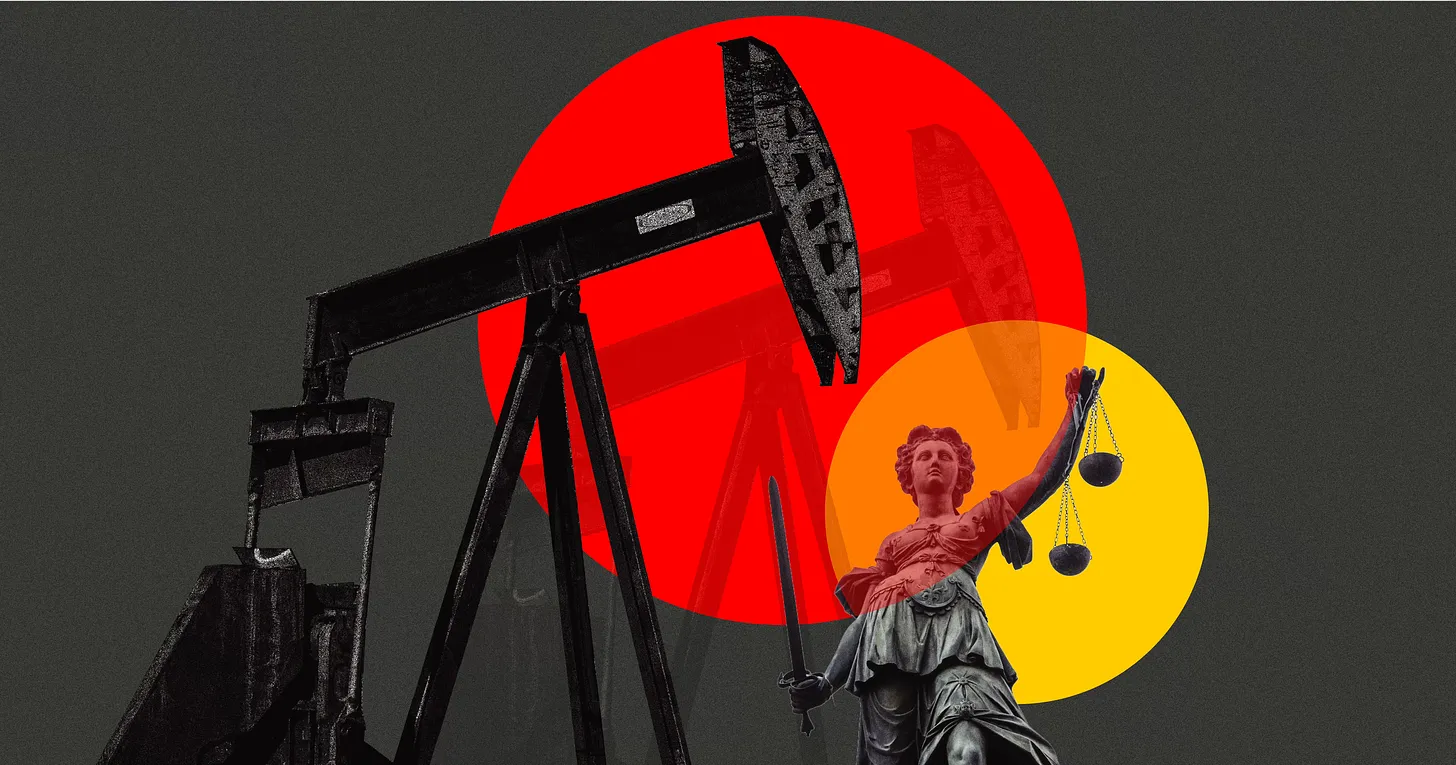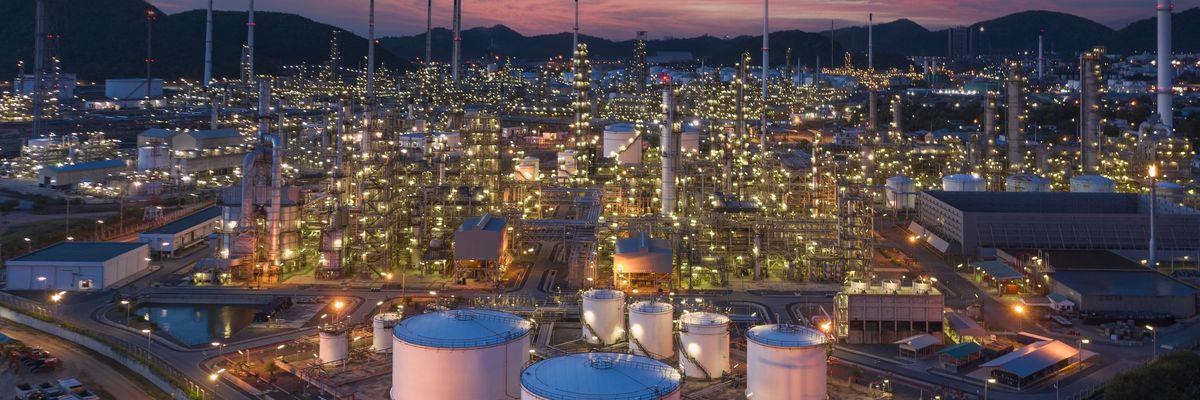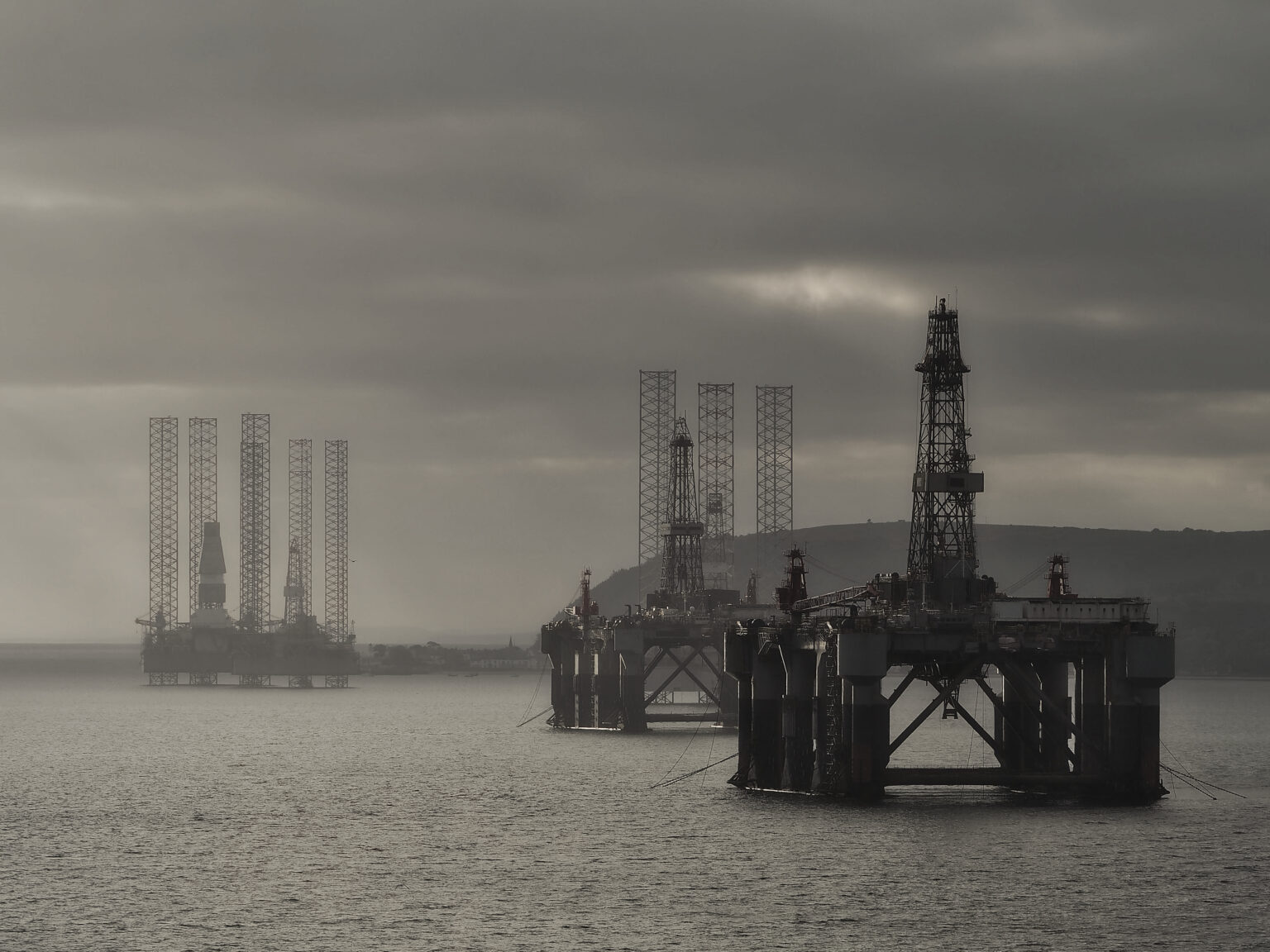
Greg Muttitt, UCL; Fergus Green, UCL, and Steve Pye, UCL
North Sea oil and gas has become a battleground issue in the UK general election.
The Labour party’s manifesto promises an end to issuing new licenses for finding oil and gas. The Conservative party meanwhile proposes a law that would require the next government to hold a licensing round every year.
Our recent study found that new fossil fuels are not needed, and that stopping the extraction of new coal, oil and gas is among the best ways to tackle the climate crisis.
Scientific assessments tell us that global warming above 1.5°C will mean escalating danger to the environment, human health and the economy. We found that, in a world that limits warming to 1.5°C, remaining global demand for fossil fuels could be met by assets that have already been built.
This means that Labour’s plans do not go far enough. Even under existing licenses, new oil and gas fields need not be opened, nor new platforms and pipelines built.
Surplus to requirements
Our research confirms an earlier finding of policy experts at the International Energy Agency (IEA): that no new fields are needed to meet energy demand as the world attempts to achieve net zero emissions. However, our analysis goes further by demonstrating that no new fossil-fuelled power stations are needed either.
If governments stop new projects, the production and consumption of fossil fuel will gradually decline over coming decades as existing assets reach the end of their lifespans. This gradual transition will give time to plan the process, to protect and create jobs and to build solar and wind farms that meet energy demand as fossil fuels are phased out.
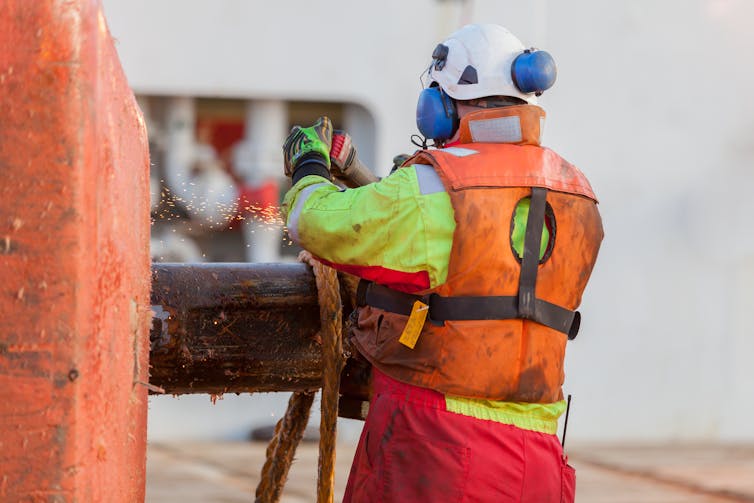
Arild Lilleboe/Shutterstock
A stop to new fossil fuel projects is essential to “transitioning away” from coal, oil and gas, which is what governments agreed to do in December 2023 at the COP28 climate summit in Dubai. This is a necessary commitment, but since it is expressed as a vague and collective goal with an indeterminate end point, it is easy for governments to pay lip service to it while maintaining business-as-usual.
The IEA recently reported that global investment in fossil fuels has increased every year since 2020, even as governments announced net zero emissions targets. An investigation by campaign group Global Witness found that the United Arab Emirates signed over US$100 billion of oil deals in 2023 while it presided over climate negotiations.
Commitments to no new fossil fuels, such as Labour’s plan to end new licensing, are less prone to obfuscation because they are specific and immediate. What’s more, it is clear for everyone to see if a new fossil fuel project is being built. Making commitments that are easily verifiable is a proven recipe for building international trust and cooperation around a shared goal.
There are also political advantages to stopping new fossil fuel projects. Coalitions that support fossil fuels, including oil firms and their employees, are more capable of organising against the closure of existing assets than the cancellation of those yet to be built. Opposing coalitions, including communities living with the pollution and disruption of oil and gas extraction, tend to be more successful when mobilising against planned projects.
The new norm
By making a “no new fossil fuels” commitment, governments can help establish a new norm.
A norm is an expected standard of behaviour, like the norm against smoking in indoor public places, or the international norm against slavery. The more states and global institutions adopt a norm the more social pressure it places on others to follow suit. Once a critical mass has adopted the norm, its spread is self-sustaining.
Arguably, this process is well underway for coal – the dirtiest fossil fuel. The Powering Past Coal Alliance, a group of governments committed to phasing out coal power, was founded in 2017 by the UK and Canada. Already the alliance has expanded to include 60 national governments, including major coal consumers Germany and the US.
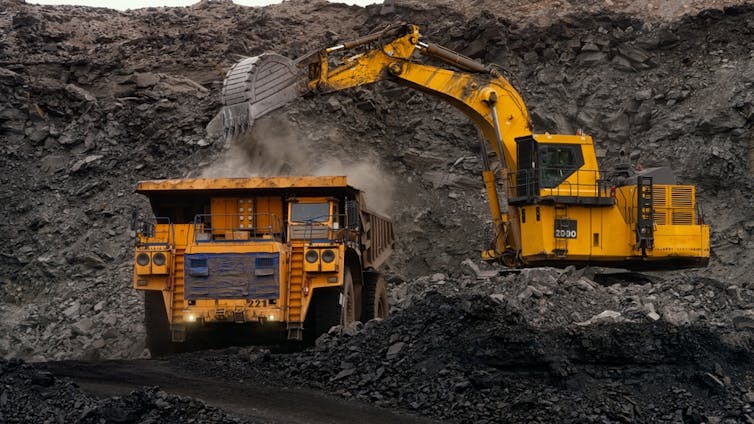
Roman Vasilenia/Shutterstock
The process of norm-building is gathering pace for other fossil fuels too. Governments that become core members of the Beyond Oil and Gas Alliance, which so far numbers 15, commit to issuing no new licenses for oil and gas exploration on a path to the total phase-out of fossil fuel production.
The Clean Energy Transition Partnership, comprising 41 governments and financial institutions, commits to ending international lending for fossil fuel projects. And in the private sector, 22 financial institutions have pledged to stop financing new oil and gas projects.
Were a future UK government to commit to stopping new oil and gas fields, it would lend considerable momentum to the norm, given the UK’s role in the history of the oil industry and the fact that is home to BP and Shell, two of the world’s five “supermajor” oil companies.
The UK Climate Change Committee, the government’s independent advisers, has noted that stopping new oil and gas projects would send an important signal to other countries. Such a move would also restore the UK’s reputation as an international leader on tackling climate change, at a critical time when the climate-denying far right is making inroads.

Don’t have time to read about climate change as much as you’d like?
Get a weekly roundup in your inbox instead. Every Wednesday, The Conversation’s environment editor writes Imagine, a short email that goes a little deeper into just one climate issue. Join the 30,000+ readers who’ve subscribed so far.![]()
Greg Muttitt, Honorary Research Fellow, Energy & Climate Change, UCL; Fergus Green, Lecturer in Political Theory and Public Policy, UCL, and Steve Pye, Associate Professor in Energy Systems, UCL
This article is republished from The Conversation under a Creative Commons license. Read the original article.
